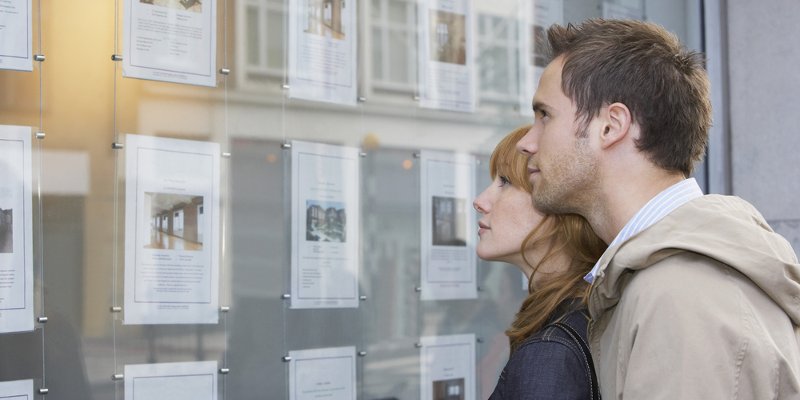Falling incomes, rising unemployment and more restrictive lending will likely make buying a first home just as difficult as before the crisis.

House prices are projected to fall in the wake of the coronavirus crisis; but this trend will not make things easier for young people looking to buy their first home, according to a report published by the Resolution Foundation.
Falling incomes, rising unemployment and more restrictive lending will likely make buying a first home just as difficult as before the crisis.
The Resolution Foundation’s quarterly Housing Outlook took the Office for Budget Responsibility’s (OBR) house price scenarios as its starting point.
The most pessimistic scenario – a 22% drop in house prices by Q3 2021, followed by a long and slow recovery – was found to be realistic in the report.
House price falls are predicted in even the most optimistic OBR projection.
Because this is likely to come hand-in-hand with corresponding falls in income, the impact on the time the average first-time buyer family needs to save for a deposit would be negligible.
In the 1990s, a typical young couple putting away 5% of their income each year could save enough for a deposit in just four years; by 2019, that figure had risen to 21 years.
The Resolution Foundation found that even the OBR’s most pessimistic scenario would shave off little more than a year from this, and that even that small gain would not persist.
Although some households have managed to save more during lockdown, coming into this crisis just 13% of private renters aged 24-35 had savings of £10,000, and that a quarter of private renters have been forced to dig into their savings since the pandemic began.
The foundation also warned that, if banks and mortgage lenders repeat their response to the financial crisis by introducing tighter credit conditions, then these could have a serious impact on aspirant buyers.
If the average first-time buyer loan-to-value (LTV) ratio fell to 80% - the level observed in the wake of financial crisis - by 2024, the typical number of years required to save for a deposit would rise to 27, even if house prices fell by 22%.
The government’s recent decision to cut stamp duty may also have removed the slim advantage that aspirant homeowners had in the market, because the typical first-time buyer (outside of London) was already paying no stamp duty.
Lindsay Judge, principal research and policy analyst at the Resolution Foundation, said:“The coronavirus crisis has had a big impact on the education, career prospects and incomes of young people – and unfortunately there’s no silver lining for this group when it comes to house prices.
“Although prices are projected to fall – perhaps dramatically – in in the wake of the pandemic-induced recession, this drop won’t make things any easier for typical young first-time buyers looking to purchase their first home.
"Instead, falling incomes and credit restrictions will likely make home ownership every bit as difficult as before for many young people.
“Only those who already had high levels of savings before the pandemic started, or those who are able to borrow from their family, will truly benefit from the house price fall.
"This means the current crisis looks set to deepen pre-existing inequalities and the growing divide between those who are able to look forward to home ownership, and those for whom this dream is increasingly out of reach.
“Going forwards, policymakers must ensure that young peoples’ incomes are protected in the wake of the coronavirus crisis, and that their competitive advantage as first-time buyers is maintained when the stamp duty holiday comes to an end.”



